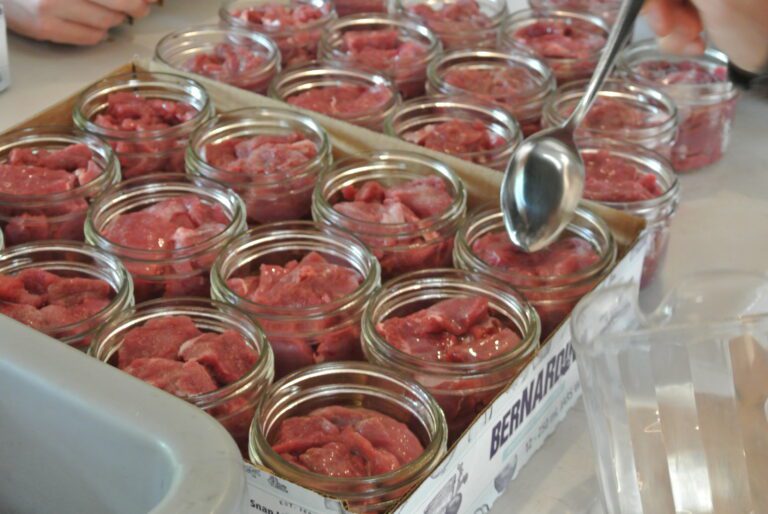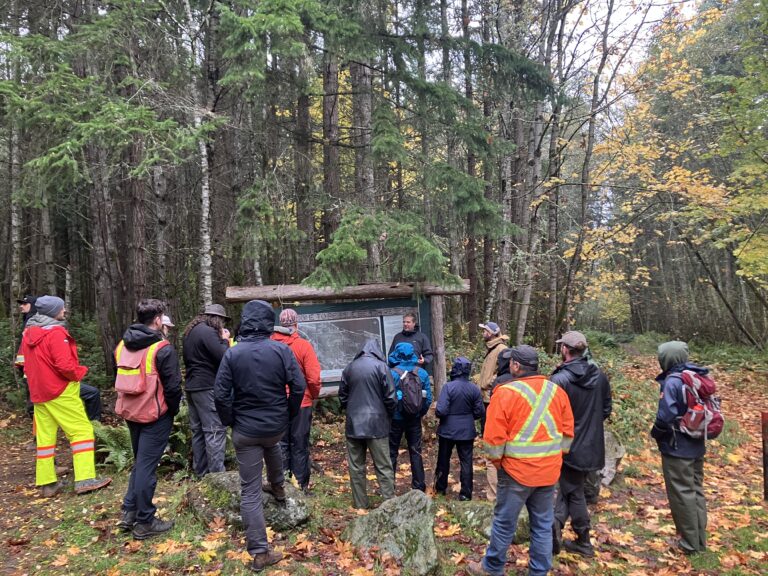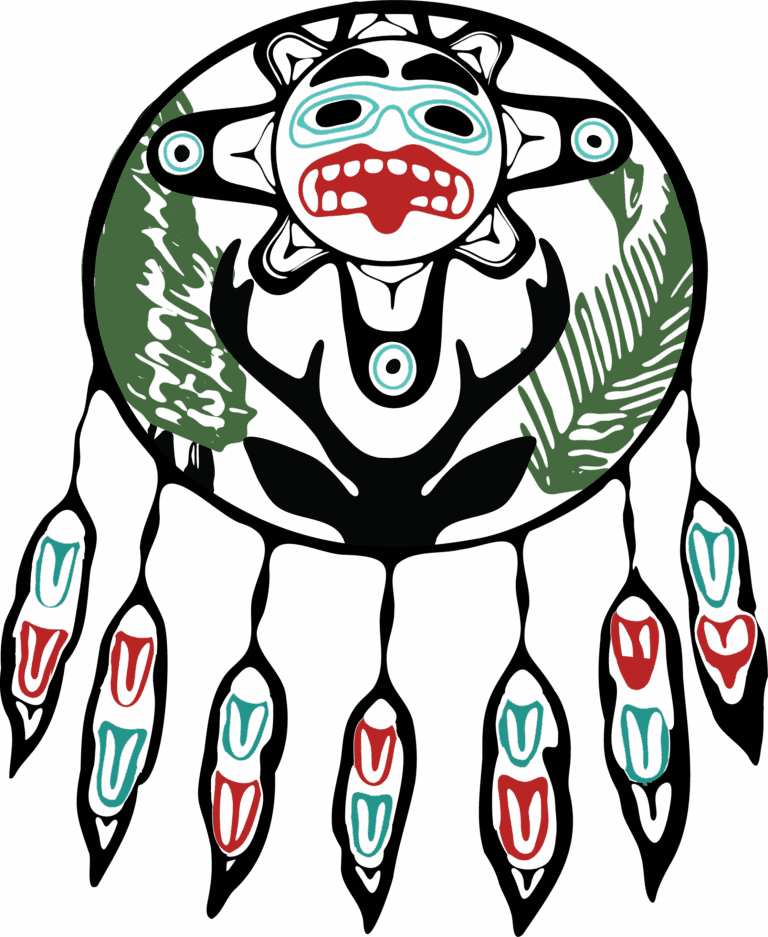As borders closed and travel restrictions tightened in BC, the summer of 2020 was the season of the ‘staycation.’ With British Columbia’s endless outdoor activities and beautiful destinations, many people took advantage of exploring the province’s coast.

People looked for a safe way to experience BC’s coasts amid the pandemic by taking to the water. Boat sales skyrocketed in the summer of 2020, with many BC companies running low or selling out of stock. Not only did the number of boaters rise in 2020, but recreational fishing licence sales increased by 15% in BC. Unfortunately, we observed a large increase in illegal fishing in the Rockfish Conservation Areas (RCAs) bordering our shores that same summer.

Rockfish are vulnerable to exploitation as they are non-migratory and have long lifespans. Rockfish Conservation Areas provide a refuge for their populations to recover.
For the past seven consecutive summers, the Galiano Conservancy Association, in collaboration with UVIC School of Environmental Studies and other partners (see below), has conducted community outreach and monitored illegal fishing in RCAs as part of the Rockfish Conservation Project. A gradual decrease in illegal fishing since the project began suggests fishers are becoming more informed about rockfish conservation and RCAs (Ban et al., 2020; Lancaster et al., 2015).
Recreational fishers catch 89% of the total rockfish caught in BC.
Since 2014, we’ve seen that increasing awareness about RCA’s and rockfish conservation to the public through signage, posters, and other materials can increase fisher compliance (see the graph below). 2019 was an exciting year as illegal fishing incidences dropped to an average of 2.8 incidences per 100 days in RCAs surrounding Galiano Island. Yet, one year later, we saw a drastic change, observing an average of 27.2 illegal fishing incidences per 100 days in these same RCAs in 2020.

While there appears to be a correlation between the increase in illegal fishing and the COVID-19 pandemic, it is too soon to know what caused the spike in RCA fishing incidences. As people’s behaviours shifted to more outdoor activities, it’s possible more novice fishers in the Gulf Islands may not have known the regulations and locations of RCAs. In addition, due to restrictions on public events, our outreach and educational initiatives were limited to a few local events in 2020. This may have impacted our ability to provide information to fishers new to the area.
2021 will be our eighth consecutive summer monitoring fisher compliance in RCAs. It is an important year for us to determine if last year’s increase in illegal fishing will continue to rise. For RCAs to succeed and rockfish to recover, it is crucial to have recreational fisher compliance and community support. If you are a recreational fisher and have been fishing in the past two years, please consider filling out our Rockfish Conservation Survey. These surveys provide essential information about fisher knowledge and behaviour and how the Rockfish Conservation Project can improve outreach efforts. All responses are anonymized.
Please contact rockfish@galianoconservancy.ca to fill out one of these surveys or for more information.
How can you help rockfish conservation?
Get the word out! Do you know any recreational fishers that are new to the area? Help them out by letting them know about Rockfish Conservation Areas and where to find them.
Abide by fishing regulations in and out of RCAs. When fishing outside RCAs, you may catch one rockfish per day in the Salish Sea (except yelloweye or bocaccio rockfish). Inside RCAs, no hook and line fishing is allowed for any species. Check out DFO’s Rockfish Conservation Areas page for more information.
Download the app MyCatch by Angler’s Atlas and be a citizen scientist by documenting your catches! You can also use the maps on their app to find nearby RCAs and get notified if you’re entering one.
Ensure you have a descending device in your fishing kit and have it ready to use. Since April 2019, it is mandatory for fishers to have a descending device on hand.
Report poachers and polluters to 1-877-952-7277
Partner Organizations
2014-2019: The University of Victoria Environmental Studies, Valdes Island Conservancy, Vancouver Aquarium, and Marine Life Sanctuary Society, funded by the Environment and Climate Change Canada’s Habitat Stewardship Program.
2019-2024: The University of Victoria, Angler’s Atlas, Ball State University, and Fisheries and Oceans Canada (DFO), funded by BC Salmon Restoration and Innovation Fund (BCSRIF)
References
Ban, N. C., Kushneryk, K., Falk, J., Vachon, A., & Sleigh, L. (2020). Improving compliance of recreational fishers with Rockfish Conservation Areas: community-academic partnership to achieve and evaluate conservation. ICES Journal of Marine Science, 77(6), 2308-2318.
Lancaster, D., Dearden, P., & Ban, N. C. (2015). Drivers of recreational fisher compliance in temperate marine conservation areas: A study of Rockfish Conservation Areas in British Columbia, Canada. Global Ecology and Conservation, 4, 645-657.



